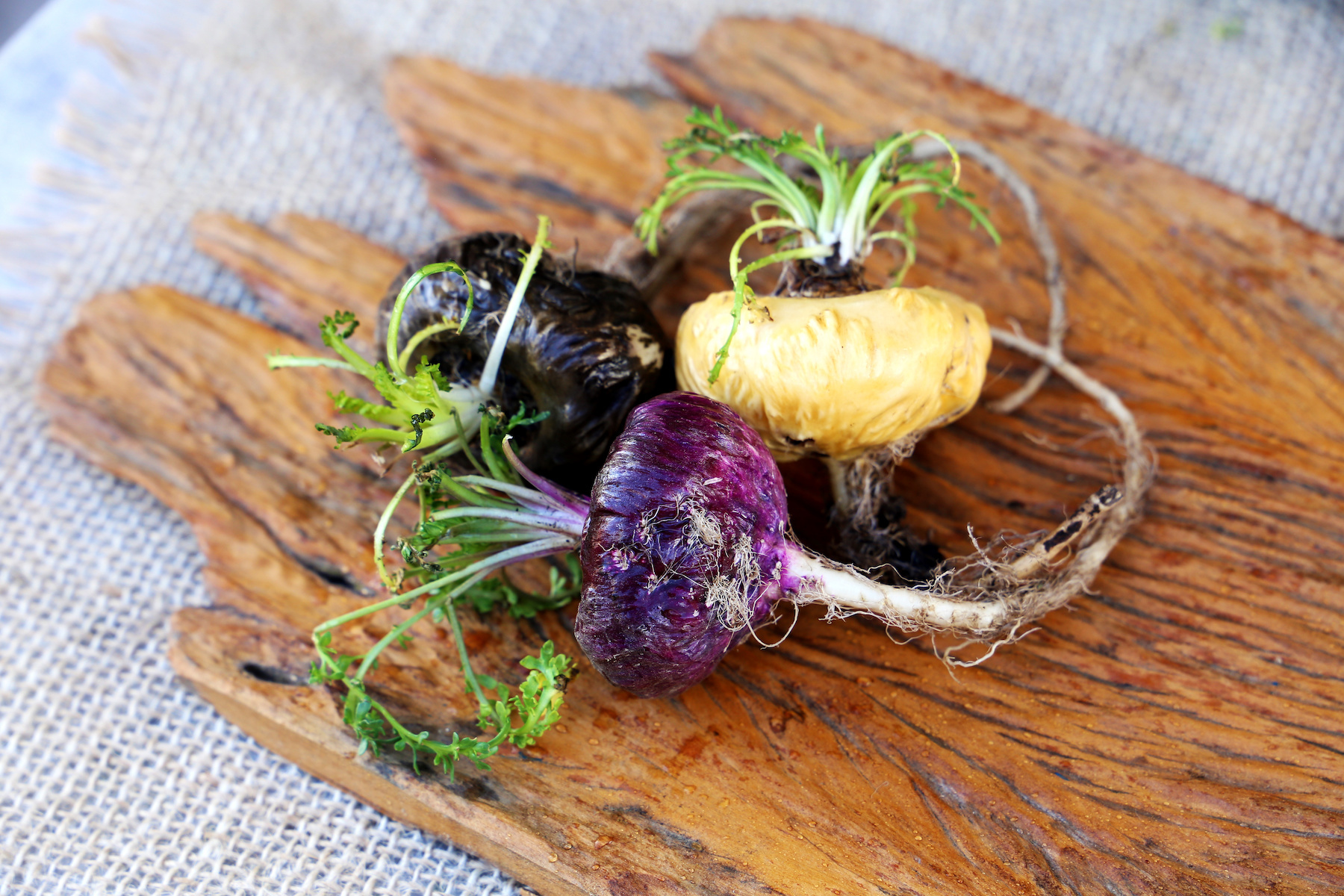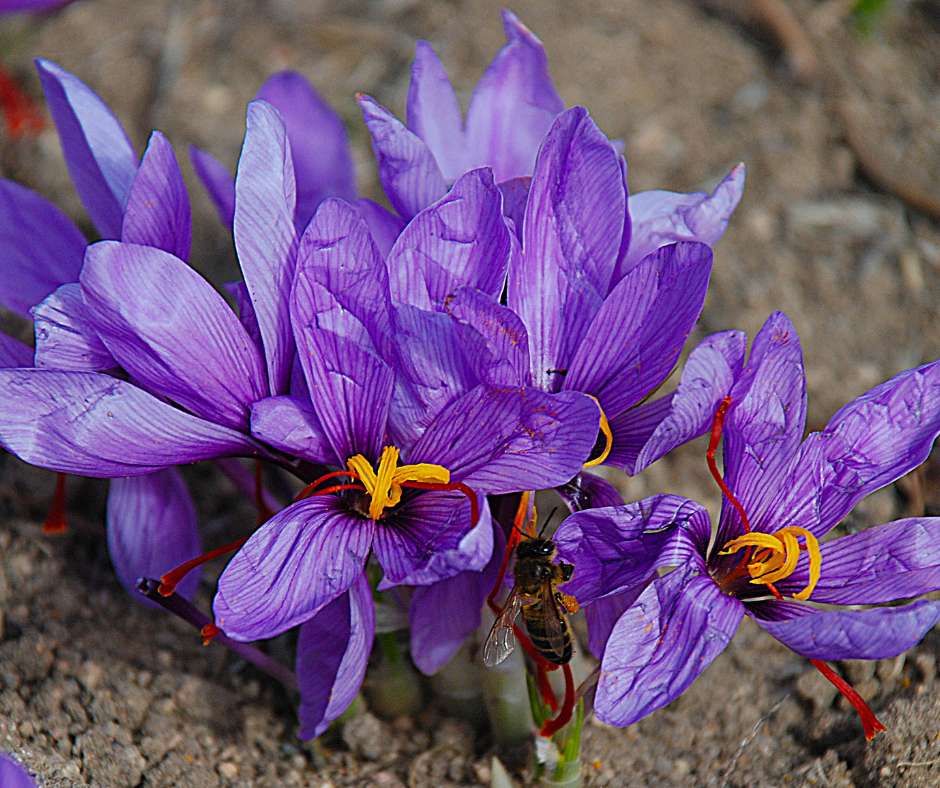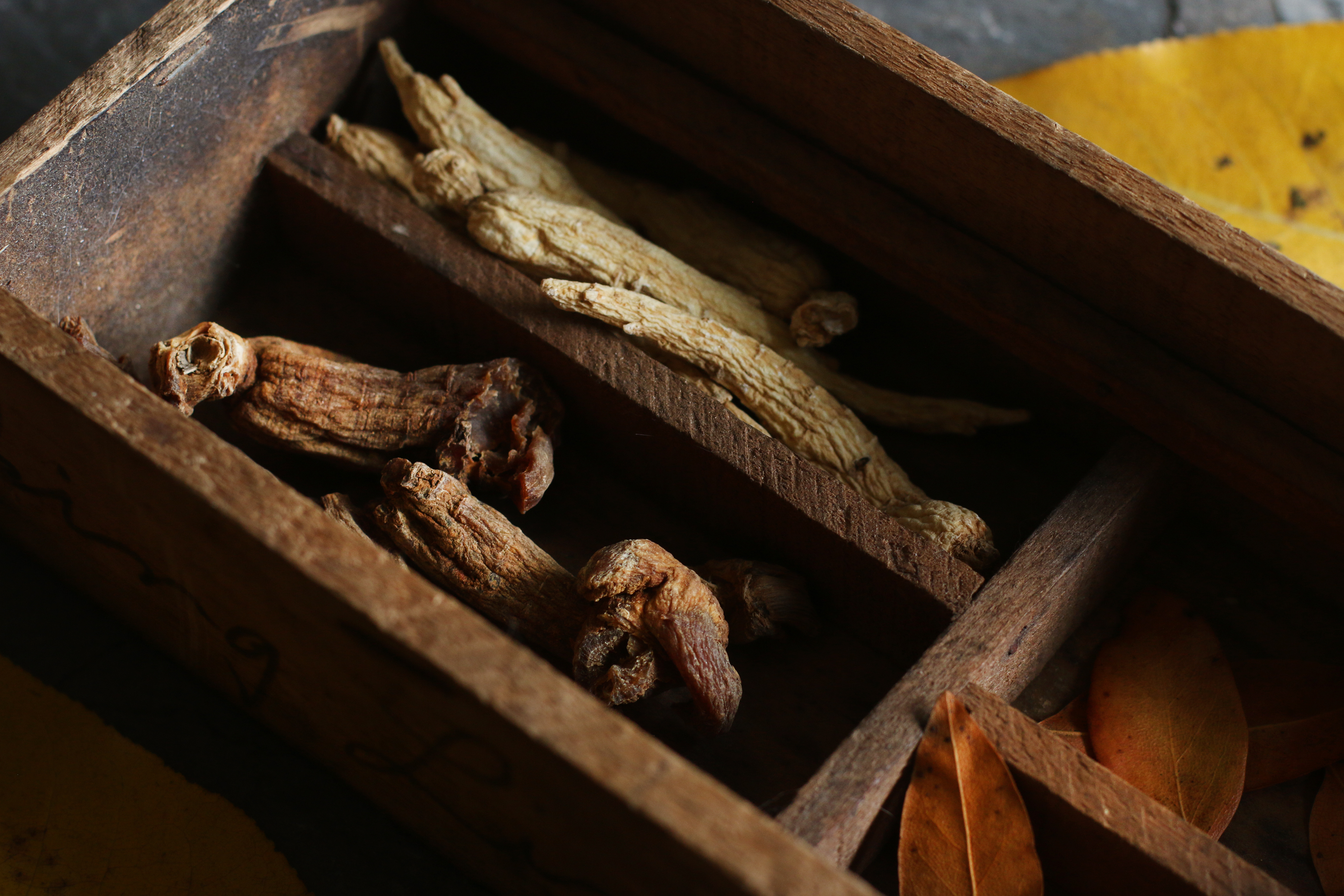Herbs for enhancing amorous feelings and sexual performance have a rich history in folklore as well as a growing evidence-based science. Whether we want to capture the heart of that special someone, feel juicier, or struggle with physical function in the bedroom, the plant world offers many supportive tools.
Learn how to use herbs from Western and East Asian traditions to support sexual vitality for all bodies and life stages!
Please note, that while we may reference specific genders in historical reference and scientific studies, we recognize that gender is a spectrum not constrained by the false binary “biological sex.”
Key Takeaways
-
Aphrodisiac herbs work by enhancing desire, improving function, and addressing emotional and physiological barriers to intimacy.
-
Western herbal aphrodisiacs like cacao, maca, and saffron have deep roots in tradition and growing scientific support.
-
East Asian herbalism focuses on restoring balance, with ginseng, horny goat weed, and tribulus playing key roles in supporting sexual health.
-
Addressing metabolic and vascular health is crucial for optimal sexual function.
-
Many aphrodisiac herbs can be enjoyed in teas, mocktails, or supplements for an accessible and pleasurable experience.
Western herbal aphrodisiacs
Aphrodisiacs may work by increasing libido, boosting potency, and/or enhancing pleasure. They are often thought of as a “gas pedal” for desire and performance. As important to the gas pedal is thinking about the brake pedal: what is impeding relaxation, safety, connection, and comfort? Many of our relaxing nervines such as skullcap, lemon balm, milky oats and chamomile can help release the brake pedal. Plus, nourishing the tissues with moistening herbs like wild yam, marshmallow, and prepared rehmannia may support instances of vaginal dryness. Regulating the metabolism and improving vascular health with herbs like reishi, dandelion root, and ginkgo may take the brakes off of genitals impacted by metabolic and vascular function.

Want to step on the gas? Consider the following herbs:
Cacao: Originating in Mesoamerica, the legend of chocolate (Theobroma cacao) as an aphrodisiac begins with reports of the Aztec ruler Moctezuma drinking chocolate to enhance his sexual prowess. Brought back to Europe, the Catholic church may have frowned on consuming chocolate due to its propensity to raise passions, while historical figures such as Casanova and the Marquis de Sade were famous for drinking chocolate as a sexual stimulant. By the early 1900s, chocolate had become a key gift in Valentine’s day, continuing this tradition. Scientists now recognize that one of chocolate’s active compounds, phenylethylamine (PEA), often called the “love molecule,” releases endorphins in the brain, creating a feeling of pleasure and well-being. Additionally, chocolate contains tryptophan, the precursor to serotonin and theobromine, which can improve mood and increase energy levels, as well as polyphenols that reduce inflammation and may benefit cardiovascular and metabolic health.
Maca: Maca root (Lepidium meyenii) is a radish relative native to the high Andes of South America, where it has been used as tonic food for indigenous peoples for thousands of years. Legend has it that Spanish conquistadors fed maca roots to their horses who had difficulty reproducing at such high elevation. Maca contains glucosinolates and macamides which may help to enhance the mood, improve testosterone production, enhance sperm motility, and benefit menopausal symptoms.

Saffron: More than just a heavenly spice, the medicinal uses of saffron (Crocus sativus) were documented as early as 1650 BCE. The Greeks considered it to been an aphrodisiac, and also used saffron extensively in gynecologic complaints from painful periods to difficult childbirth. Ancient Islamic physicians used saffron for male impotence. Modern research suggests that saffron may benefit male erectile dysfunction.

East Asian perspectives
East Asian medicine views sexual problems like it views most afflictions, as systemic imbalances best treated with a combination of lifestyle adjustments and natural formulations chosen to restore equilibrium.
Yin and yang are the interconnected opposites that intertwine throughout Chinese philosophy and East Asian healing traditions.Yin and yang loosely correlate to female and male, darkness and light, cold and warm, soft and cold, internal and external. Masculine tendencies are often considered yang while feminine tendencies are associated with yin. East Asian herbal approaches to supporting dysfunctions relating to male reproductive organs and sexual performance generally seek to restore the vitality of the yang, while many women’s reproductive concerns, especially related to menopause, are associated with waning of yin.

Asian Ginseng: Panax ginseng (ren shen), often found in little vials by the registers in gas stations across North America, has an ancient tradition as a general wellness tonic in East Asian herbalism. Ginseng gently warms the yang and also tonifies qi, the vital energy of the body, supporting healthy energy levels, digestion, mental focus, mood, and sexual vitality. Ginseng has been widely researched for benefitting libido, male erectile function, and sperm health. Ginseng has also been shown to benefit many parameters in perimenopausal women, although it has equivocal benefits in sexual desire and performance in women in perimenopause.
Horny goat weed: Epimedium spp (yin yang huo) has traditionally been used in East Asian medicine as a Yang tonic to strengthen the Kidneys, warm the Yang Qi, and increase libido. One of the active compounds, icariin (ICA), has been studied for its impact on vascular health and erectile function, and may exert effects similar to phosphodiesterase-5-inhibitors like Viagra and other ED drugs. ICA may also benefit vascular health by reducing atherosclerosis, the lipid-rich plaques involved in cardiovascular disease.
Tribulus Terrestris: Puncturevine fruit (bai ji li) has traditionally been used in East Asian medicine to “extinguish wind” and calm the Liver. It is a bitter, acrid herb that enters the Liver, calming emotional irritability, supporting the free flow of Qi in the body, and also supporting healthy skin and eyes. Tribulus also has a tradition of use in South Asia and Eastern Europe. Modern research has shown that steroidal saponins, polyphenols, and alkaloids in Tribulus fruit may benefit erectile function, semen quality, and testosterone production in animal and human males. By supporting the free flow of Liver Qi, Tribulus is used in many traditional herbal formulas that support female reproductive health and menstrual regularity.
Final Thoughts
If you’re looking to boost your sexual vitality and feel more connected to your body, the herbal world offers a wealth of natural, time-tested solutions. From stimulating energy and circulation to soothing the nervous system and enhancing hormonal balance, there’s a plant ally for every need.
FAQs -
1. How do herbal aphrodisiacs work?
Herbal aphrodisiacs can work in several ways, including increasing circulation to the pelvic region, supporting hormonal balance, reducing stress and anxiety, and enhancing mood. Some herbs, like maca and ginseng, may help improve stamina and energy levels, while others, like cacao and saffron, promote the release of feel-good neurotransmitters like serotonin and endorphins.
2. What products does Five Flavors Herbs offer to support sexual vitality?
Five Flavors Herbs provides a range of high-quality herbal extracts and tinctures that may support sexual vitality. While specific aphrodisiac blends are not explicitly listed, herbs such as ginseng, known for enhancing libido and energy, are available. You can explore their selection of herbal extracts on their shop page.
7. Does Five Flavors Herbs offer custom herbal formulations?
Yes! Five Flavors Herbs specializes in custom herbal formulations tailored to individual health needs. They work with practitioners and customers to create personalized blends using high-quality herbal extracts and tinctures.
References
1. https://pmc.ncbi.nlm.nih.gov/articles/PMC3731873/
2. https://pubmed.ncbi.nlm.nih.gov/20691074/
3. https://www.ahpa.org/herbs_in_history_saffron
4. https://pmc.ncbi.nlm.nih.gov/articles/PMC3637900/
5. https://pubmed.ncbi.nlm.nih.gov/29881706/
6. https://pmc.ncbi.nlm.nih.gov/articles/PMC3861174/
7. https://pubmed.ncbi.nlm.nih.gov/35691259/
8. https://pubmed.ncbi.nlm.nih.gov/26798402/
9. https://pubmed.ncbi.nlm.nih.gov/20141584/

